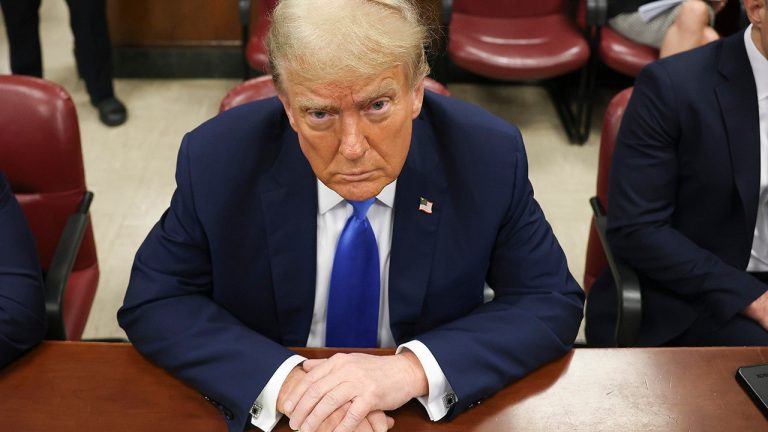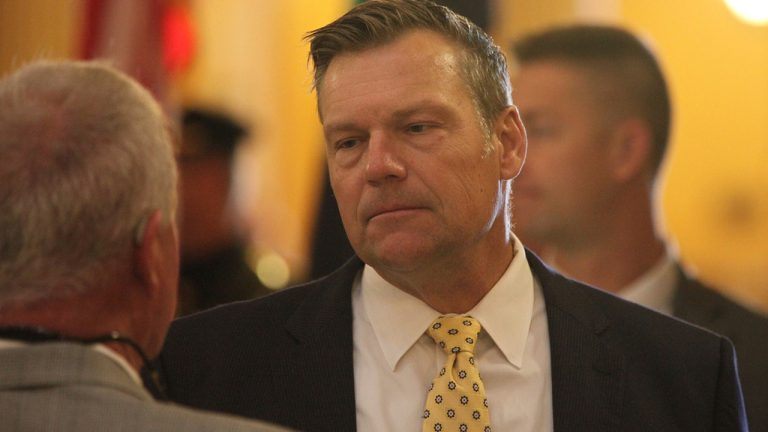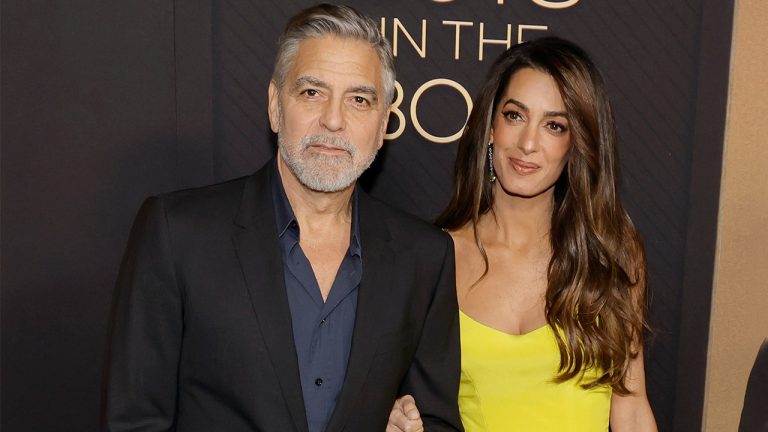Is it too late for DNC delegates to switch from Biden? Explaining the Democrats’ nomination process
President Biden is currently facing mounting pressure from various corners to withdraw from the 2024 race for the White House, sparking speculation among Americans about the future of the Democratic Party’s nomination process. The question on everyone’s mind is how the selection process will unfold if Biden decides to continue his campaign or if a new candidate steps in.
Despite Biden’s public statements affirming his intention to remain in the race following a lackluster debate performance, many believe it would be in the best interest of the Democratic Party if he voluntarily opted out before the Democratic National Convention scheduled to take place in Chicago from August 19 to 22.
The nomination of the Democratic Party’s candidate will officially take place at the convention, where the nearly 4,000 party delegates will play a crucial role in the selection process. These delegates, allocated to candidates based on primary election results in each state, hold the power to sway the outcome in favor of a particular candidate.
Within the Democratic Party, there are two categories of delegates: “pledged” and “unpledged.” Pledged delegates are bound to vote for the candidate who wins the primary or caucus in their state, while unpledged delegates, also known as “superdelegates,” enjoy the freedom to support any candidate of their choice, including current elected officials and party leaders.
A total of 1,976 delegates are required to secure the Democratic nomination for president. Biden has already garnered around 3,900 delegates this year, all of whom have pledged their support to his candidacy in accordance with Democratic National Committee (DNC) regulations.
While Biden has given no indication of withdrawing from the race, speculations abound about the potential scenarios that could unfold should he decide to step down. His decision to exit the race would essentially release his delegates, triggering an open convention where Democrats can propose alternative nominees and engage in multiple rounds of voting until a single candidate emerges victorious with a majority of delegate votes.
Notably, President Biden’s choice of running mate, Vice President Kamala Harris, adds another layer of complexity to the situation. While some view Harris as a liability, others argue that removing her from the ticket could alienate a crucial constituency, leading Biden to maintain the status quo despite internal party pressures for change.
As per DNC rules, delegates are obligated to reflect the sentiments of those who elected them while adhering to their pledged support for a particular candidate. However, the ambiguous language of the rules leaves room for interpretation and potentially opens the door for delegates to challenge Biden’s candidacy if they perceive a shift in public sentiment or party dynamics.
Presidential historian Craig Shirley dismisses the notion of an imminent challenge to Biden’s candidacy, asserting that the media-fueled speculations about delegate actions are unfounded. Shirley firmly believes that Biden will clinch the nomination alongside Harris, largely due to political pragmatism and the exigencies of maintaining party unity and support.
Although DNC regulations provide a framework for delegate behavior, the party retains the authority to modify its rules as necessary. Historical precedents, such as the rule adjustments made in response to President Lyndon B. Johnson’s 1968 decision not to seek reelection, underscore the fluidity of party rules in adapting to changing political circumstances.
A prospective date for Biden’s nomination looms on July 21, coinciding with the Democratic National Convention’s credentials committee meeting. Party officials have cited the necessity of finalizing the nomination before Ohio’s ballot deadline of August 7, ensuring the Democratic candidate’s inclusion on the state’s November ballot.
Amidst the evolving political landscape, uncertainties persist regarding the trajectory of the Democratic Party’s nomination process. As President Biden grapples with mounting pressures and demands for change, the forthcoming days leading up to the convention promise a blend of suspense, intrigue, and high-stakes decisions that will shape the future of America’s political landscape.








